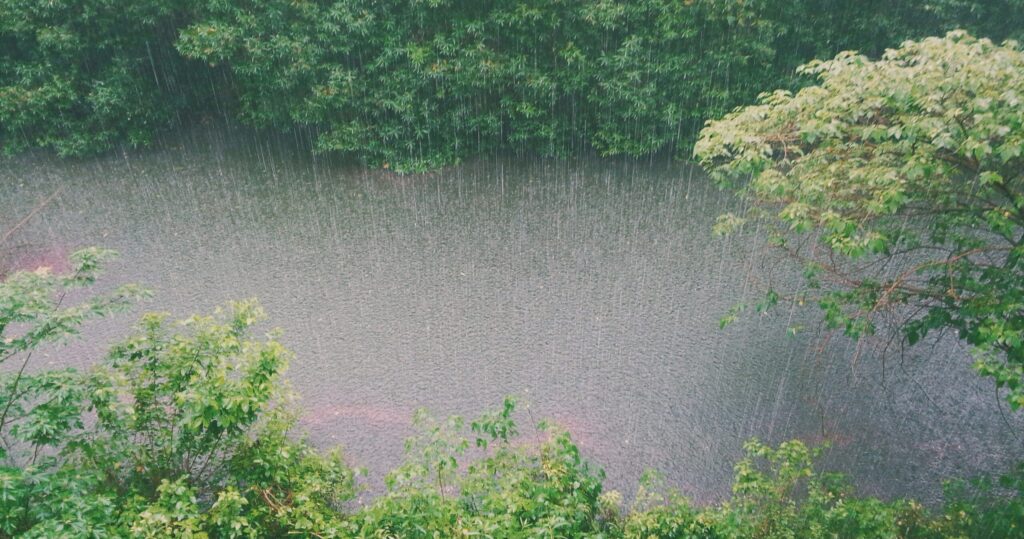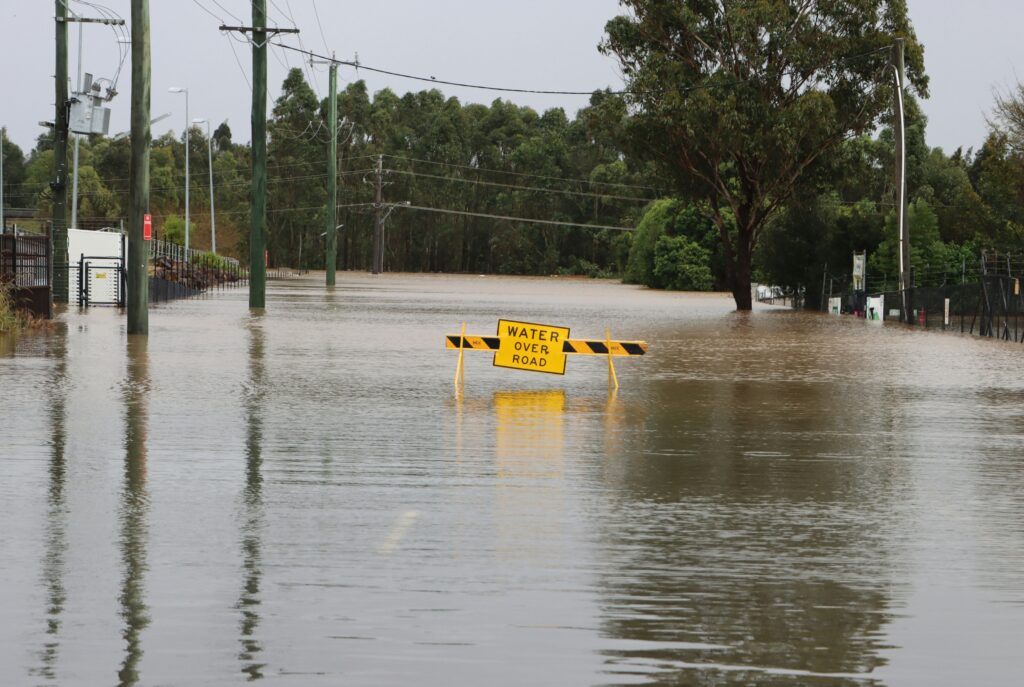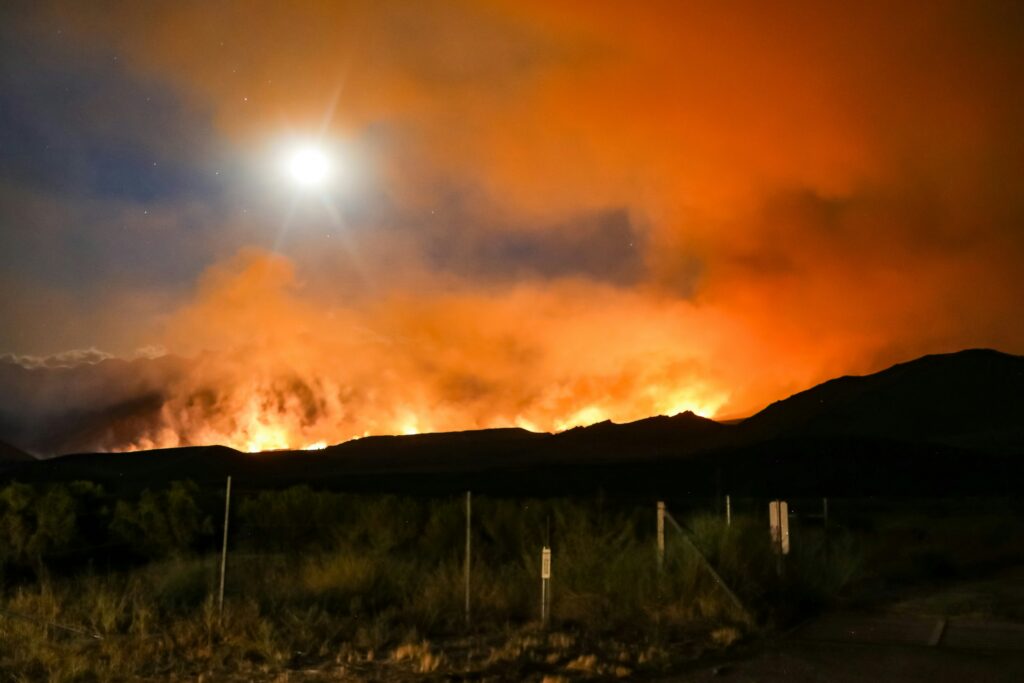USA Today declares “Alaska capital Juneau urged to evacuate as ‘glacial outburst’ flood looms”. Yet despite a lurid spurious link to “climate change” it’s just not a big deal except for what it says about the state of journalism. The first line is: “Emergency barriers protecting Alaska’s capital city, Juneau, appear to be holding as summer glacial flooding driven by climate change threatens to inundate the area.” Now let’s count the errors.
First, Juneau does not need to be evacuated. What’s really happening is that some people in the typical flood zone are being encouraged to go somewhere that doesn’t fit that description. Second, some are and others are not. Third, these floods are an annual thing. Not to do research in a crisis or anything, but according to the Alaska Beacon:
“This week’s flood has been anticipated for months. Since 2011, the Mendenhall Glacier has caused floods each summer as Suicide Basin – a glacially locked lake – fills with meltwater and runoff, then bursts from its confines after the water overtops an icy dam.”
Fourth, “climate change” doesn’t cause things to happen; it is a statistical description of changes in long-term weather conditions. Oh, and then there’s the bit where Alaska is warming faster than the average like everywhere else:
“Compared with the rest of the country, Alaska has warmed twice as quickly over the past several decades, and its average annual temperature has risen 3.1 degrees in the past century, according to the federal National Centers for Environmental Information.”
But if the temperature there has been rising for a century, or indeed longer, it’s largely natural, right? And as the story might also have mentioned, if it were a news story, Alaskan glaciers have indeed been in precipitous retreat since around 1700, with the vast majority of the melting happening before 1890.
Speaking of lurid headlines buzzing over non-stories, it’s hard to improve on “Radioactive wasp nests found in South Carolina”. Which the New York Times put on an email though not the actual story. But both cautioned “It could be a red flag, an expert said.” They didn’t even get “experts” in the plural, let alone it actually being a red flag rather than possibly being beige or not a flag of any sort.
Note the shades of the 1954 semi-classic Them! which, if you are geeks in the same sort of way that we are, you will know involves giant radioactive ants that tear down your wall to steal your sugar and maybe rend you asunder while they’re at it. Except for the part where they’re big or dangerous. Instead:
“Four radioactive wasp nests may indicate previously undetected environmental contamination at the decades-old Savannah River Site.”
Unless they don’t. Nor are they going to slay you either by being giant mutants, because they aren’t, or because they’re radioactive, because they aren’t:
“‘The U.S. Department of Energy is managing the discovery of four wasp nests with very low levels of radioactive contamination,’ Edwin Deshong, the manager of the department’s Savannah River Operations Office, said in an emailed statement. ‘The nests do not pose a health risk to SRS workers, the community, or the environment.’”
Then they found a guy to say there might be a problem and someone should go look hard. But a bunch of could and might is not a story with, how shall we put it, wings.


